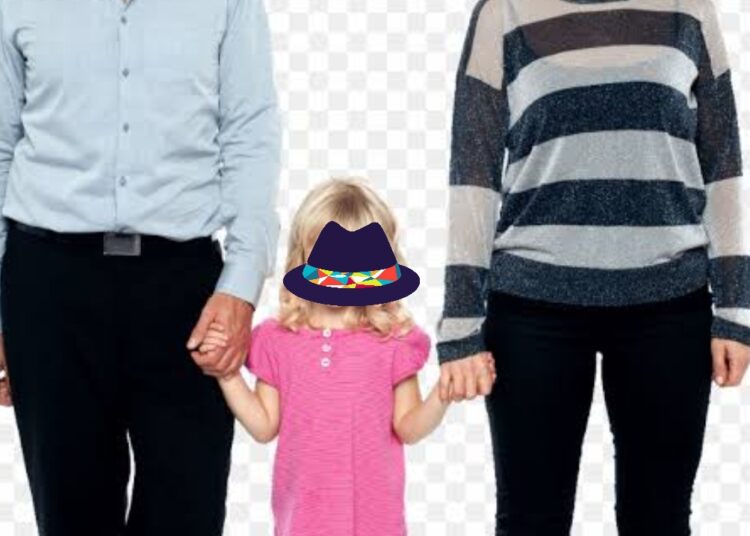Japan’s parliament passed a landmark amendment to the country’s Civil Code on Friday, allowing divorced parents the option of shared custody over their children.
According to reports obtained from Asian. Nikel online the bill’s passage overturns an existing law permitting only sole custody by one parent.
The amendment reflects shifting attitudes toward gender and family in Japan, where women remain the primary caregivers in most households.
Under the amended law, divorced parents will be allowed to choose between joint or sole legal guardianship of their children. If the couple cannot come to an agreement, or in cases of domestic violence or abuse, a family court will intervene and rule in “the child’s best interests.”
Women’s rights activists, says the ne law could put mothers and children at risk by enabling abusers to maintain access to their victims but under the new law, courts will have to confirm that both parents genuinely want joint custody before granting it.
For couples that choose shared custody, both parents will have legal rights to see their children, and both will be required to give permission for life events such as surgery, passport applications, or relocation. Couples whose divorces were finalized before the new law, which is expected to come into effect by 2026, will be able to apply for joint parental custody retroactively via a family court.
There were almost 95,000 divorces involving children in Japan in 2022, affecting a total of 161,902 minors, according to the latest government data. Under the current system, which can be traced back to 1898, only one divorced parent can claim custody of the children, and it is almost always granted to the person with whom the children primarily reside. In 86% of cases in 2022, this was the mother.
“It is problematic that a child’s bond with their parent should be automatically cut when a marriage breaks down,” Justice Minister Ryuji Koizumi told parliamentarians on May 9. With this amendment, “We are looking to create a way for both parents to fulfil their responsibilities,” he said.
Along with the option of shared custody, the new law will establish a statutory system for child-support payments, whereby the parent primarily residing with the child can request a minimum amount of monetary support from their ex-spouse. Parents who do not meet their financial obligations will be subject to legal action, such as property seizures













